Christian Bale Is Building a $22 Million Village to Keep Siblings Together in Foster Care
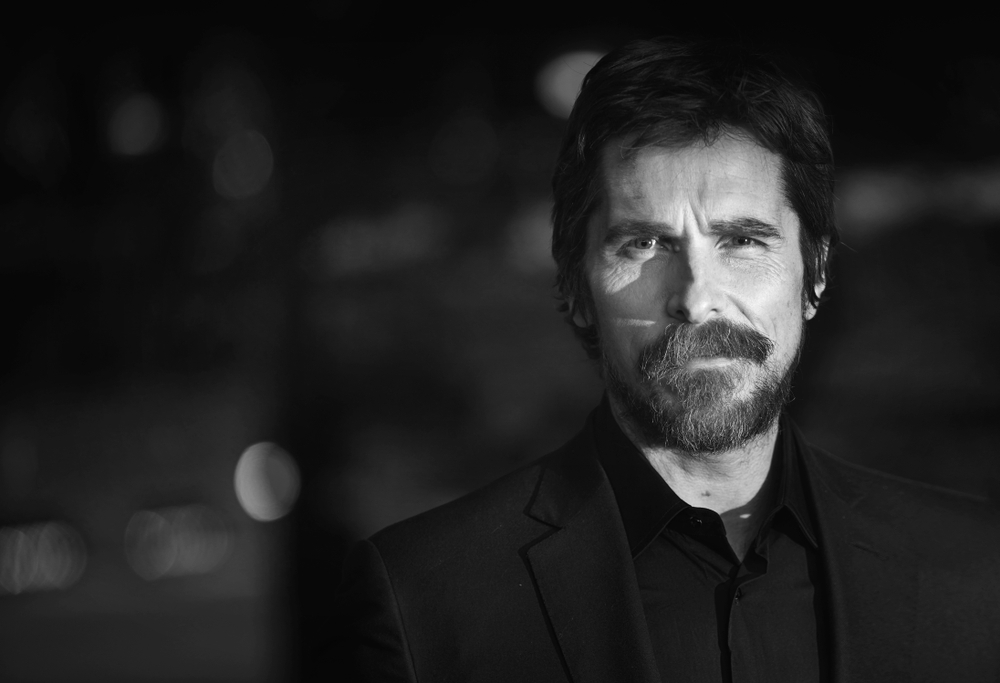
Imagine losing your parents and then being told you can’t even stay with your brother or sister the one person who understands your pain. For nearly three out of four children in foster care, that’s the reality. The system, stretched thin and overwhelmed, often prioritizes placement availability over family unity. The result is a double wound: children already carrying the trauma of separation from their parents are forced to navigate life without their closest companions.
This quiet crisis is unfolding right under our noses in Los Angeles County, home to the largest foster population in the nation. And yet, amid the bureaucratic maze and heartbreaking statistics, an unlikely figure is rewriting the script. Christian Bale, the Oscar-winning actor known for playing Batman and larger-than-life roles, has spent nearly two decades on a mission far away from the cameras: building a $22 million village designed to keep siblings together.
What he and his team are constructing in Palmdale isn’t just a cluster of houses it’s a statement. A declaration that children deserve more than temporary beds and rotating caseworkers. They deserve family, stability, and a chance to grow up with the people who matter most. This is the story of how one man’s persistence, and a community’s belief, could change the way foster care looks in America.
The Crisis of Sibling Separation in Foster Care
Every year, hundreds of thousands of children in the United States enter foster care, and for most, the experience is not just about losing their parents it’s about losing their siblings too. According to the U.S. Department of Health and Human Services, nearly 390,000 children were in foster care as of 2022. Studies show that up to 75 percent of them are separated from at least one brother or sister. That means the very bond that could provide comfort and stability in a time of upheaval is often torn apart.
The consequences ripple far beyond childhood. Research consistently links sibling separation with higher rates of depression, lower self-esteem, and difficulty forming healthy relationships later in life. For kids already grappling with grief and instability, losing a sibling can feel like losing the last anchor in a storm. Experts point out that siblings often serve as each other’s first line of emotional support, sometimes even stepping into parental roles. When that bond is severed, the trauma compounds.
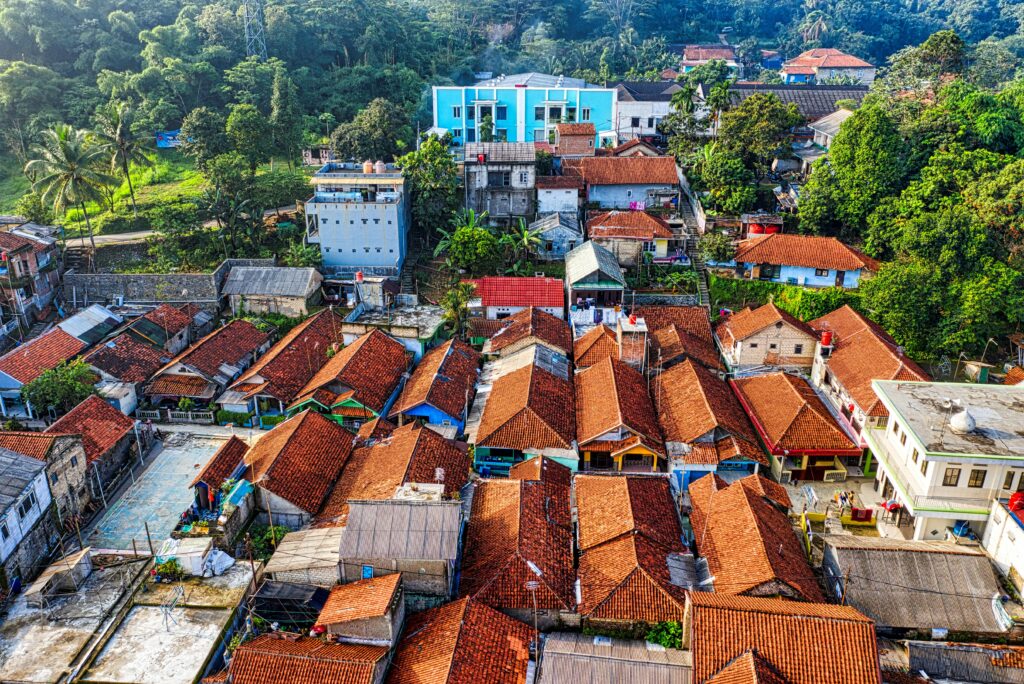
Nowhere is this crisis more visible than in Los Angeles County, which has the largest foster population in the country. The sheer volume of children needing placements means agencies often focus on finding any available bed rather than prioritizing family unity. The result: brothers and sisters scattered across different homes, schools, and sometimes entire cities.
This is the hidden wound that Christian Bale set out to heal. His foster village project is not about charity headlines or architectural beauty it’s about addressing a systemic failure that has been accepted for too long. By making sibling unity the non-negotiable starting point, he is directly challenging a status quo that treats family ties as expendable.
Christian Bale’s Motivation and Vision
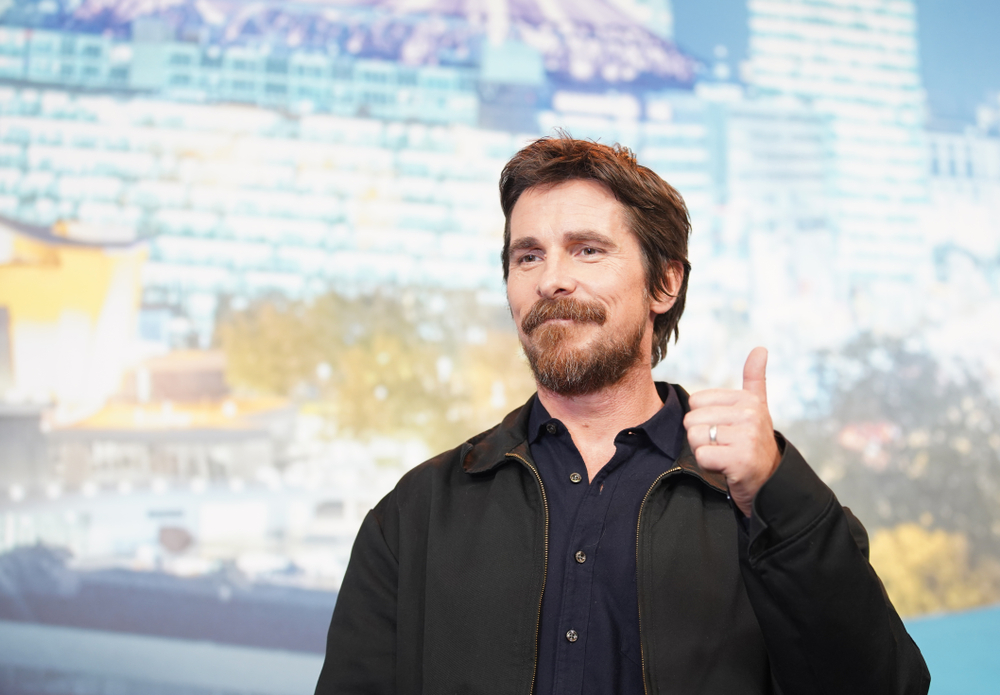
Christian Bale’s decision to step into foster care reform didn’t come from personal experience in the system. He wasn’t a foster child, nor did he grow up around it. What moved him was something more universal a recognition of injustice. He has said plainly, “You don’t have to have a connection to foster care in your past. It just requires having a heart.” That simple conviction grew into a mission when he became a father. Holding his newborn daughter in 2005, he found himself imagining what life might look like if she lost her parents. That thought cracked something open. Soon, he discovered that Los Angeles, the city where he lived and worked, had more foster children than anywhere else in the United States. The scale of the problem left him, in his words, “stunned and mad.”
Bale’s passion for social causes runs deeper than parenthood, though it traces back to his childhood. He remembers watching his father, David Bale, protest against Margaret Thatcher’s policies and open their home to people in need. As a boy, he didn’t fully understand it, but he admired it. Service wasn’t something abstract. It was modeled right in front of him. That inheritance of activism became the soil where his current mission took root.
What followed was not the casual philanthropy of writing a check. Bale dug into research and partnered with experts like Tim McCormick, who had decades of experience running foster homes, and Dr. Eric Esrailian of UCLA, a physician and philanthropist known for navigating complex social initiatives. The three co-founded Together California with a vision that reimagines foster care from the ground up.
Building a Different Kind of Village
Christian Bale is building a $22M village for foster kids. pic.twitter.com/m1vCqXcWKN
— Pubity (@pubity) July 31, 2025
What Christian Bale and his team are constructing in Palmdale, California, is not just another foster care facility it’s an experiment in rewriting what “home” means for children who have already lost so much. At a cost of $22 million, Together California is building a foster village with one guiding principle: keep siblings together.
The design flips the traditional group home model on its head. Instead of dormitory-style living or rotating staff, the village will feature 12 family-style houses, each one dedicated to housing groups of brothers and sisters under the same roof. Each home will have full-time foster parents whose only responsibility is to care for the children, providing stability and continuity instead of the revolving door of supervision common in institutional settings.
At the heart of the community will be a 7,000-square-foot center for recreation, education, and shared activities. Surrounding it will be gardens, play areas, and sports spaces elements that echo the rhythms of an ordinary neighborhood rather than the coldness of a system. Two studio apartments will provide transitional housing for young adults aging out of foster care, addressing one of the most precarious stages in the system, when many youth are left to fend for themselves without support.
Christian Bale is investing $22 million to build a village in California for foster children, featuring 12 homes, therapy centers, and a community hub to keep siblings united and provide stability.
— Oscar Race (@TheOscarRace) July 29, 2025
pic.twitter.com/gbfku0iodE
Bale has been obsessively involved in every detail. He personally walked the streets of Palmdale to assess the location its proximity to schools, its safety, even the feel of the community. “You can’t just pick a place,” he explained. “You’ve got to walk around, see what it feels like.” His insistence was that the project shouldn’t feel like an institution planted in isolation, but a real neighborhood where kids could thrive.
The architecture firm AC Martin, known for large-scale projects across California, took on the task of translating that vision into brick and mortar. Their approach emphasizes warmth and permanence over utility, designing homes that look and feel like houses not facilities.
This village is the first of its kind in California, but its ambition goes far beyond one city. Bale has described it as “transformative, magical, and soulful,” a model he hopes can be replicated across the state and beyond. In his words, it’s not just about creating shelter it’s about creating belonging.
The Team and the Long Journey
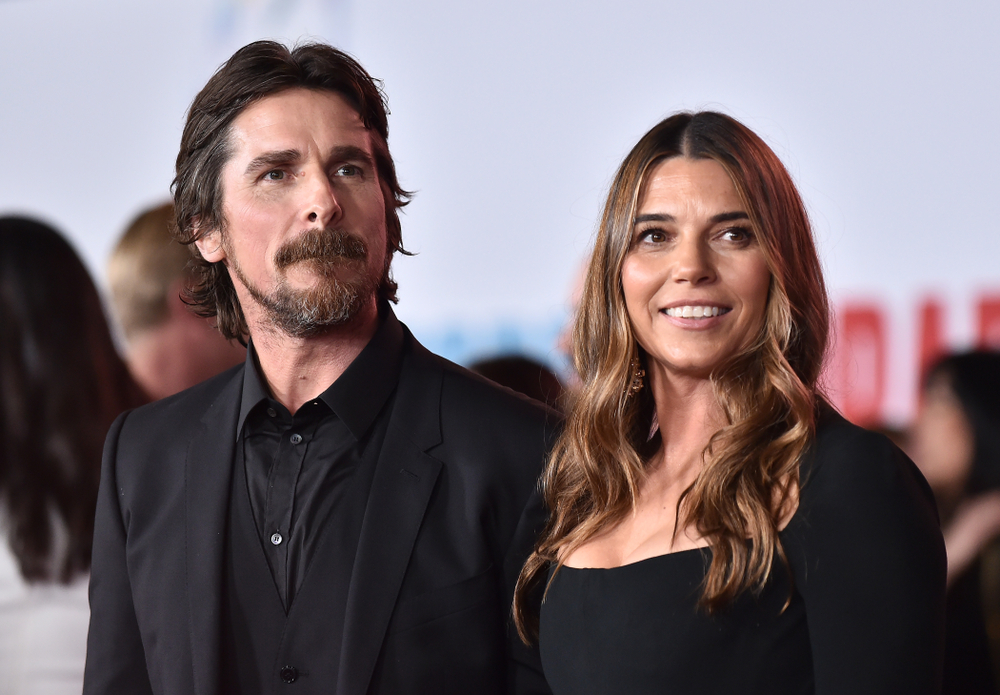
The Palmdale village may carry Christian Bale’s name in the headlines, but it has never been a one-man project. It took nearly two decades, countless setbacks, and a coalition of determined people to get shovels into the ground.
The seed was planted back in 2005, after Bale’s daughter was born. Fired up by what he had learned about Los Angeles’ foster care crisis, he initially believed he could create a solution in a single year. He imagined a place full of children singing joyfully, like a scene out of The Sound of Music. Reality proved tougher. Permits, funding, bureaucracy, and logistics stretched the timeline far longer than he ever expected. Instead of giving up, he doubled down, assembling people who knew how to navigate the system.
Tim McCormick, who had spent nearly two decades running Children’s Villages in the U.S., brought hard-earned expertise in foster care housing models. Dr. Eric Esrailian, a UCLA physician and philanthropist, added the ability to handle policy, fundraising, and community partnerships. Together with Bale’s wife, Sibi Blazic, the team co-founded Together California and built a blueprint for something truly different.
Getting to groundbreaking also meant finding the right place. Bale personally scouted Palmdale, walking the streets to assess whether it felt like a community children could call home. He obsessed over details school proximity, safety, neighborhood vibe before committing. Los Angeles County Supervisor Kathryn Barger, who praised Bale’s hands-on involvement, was instrumental in securing the site and cutting through red tape.
Funding came from a mix of private donors, Hollywood allies, and Bale himself. His longtime agent Patrick Whitesell, actor Leonardo DiCaprio, and other industry friends joined in, while Bale put his own money behind the project to ensure it wasn’t just talk. As Dr. Esrailian explained, even if only seventy children benefit, the return is immeasurable if it gives them a chance at a stable, thriving future.
This slow, grinding process is what gives the project its weight. It isn’t a celebrity photo op it’s a 17-year mission built on persistence, expertise, and the belief that systemic change demands more than good intentions. Together California is proof that when a vision is shared and sustained, even the most entrenched systems can be challenged.
A Legacy Beyond Hollywood
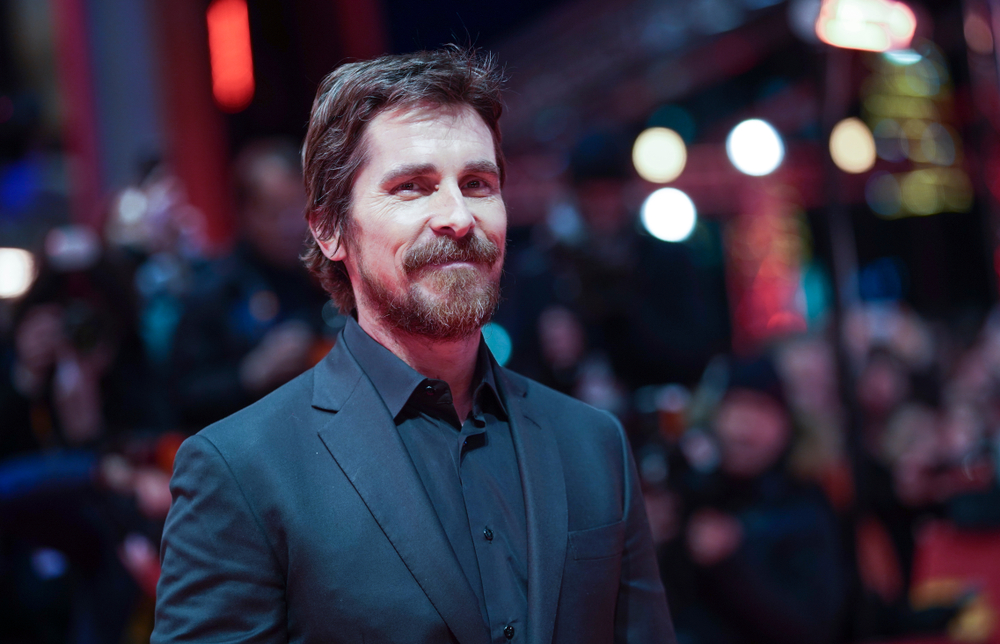
Christian Bale has played tortured heroes, fierce villains, and everything in between. Yet, the work unfolding in Palmdale may be the role that defines him most not as an actor, but as a human being determined to make lasting change. When he speaks about Together California, he doesn’t frame it as charity or a side project. He frames it as a life’s work. “When I’m closing my eyes for the last time, I want to think, ‘Did I do some good?’” he has said. For him, keeping siblings together isn’t just an act of kindness; it’s a radical insistence on dignity in a system that too often strips it away.
The village in Palmdale is only the beginning. Bale and his team hope it will be a model that sparks similar projects across California and beyond, challenging the way foster care has been accepted for generations. But the deeper message is one that applies to all of us: change happens when we refuse to look away. Whether through time, resources, or advocacy, we each have the ability to stand up for children who deserve more than survival they deserve connection, family, and the chance to belong.
Bale’s project is a reminder that legacy isn’t built on awards or accolades but on the lives we impact. For the children who will grow up with their brothers and sisters by their side, this village will mean everything. And for the rest of us, it’s a call to ask: what role are we willing to play in building a world where no child has to face loss alone?
Loading...

